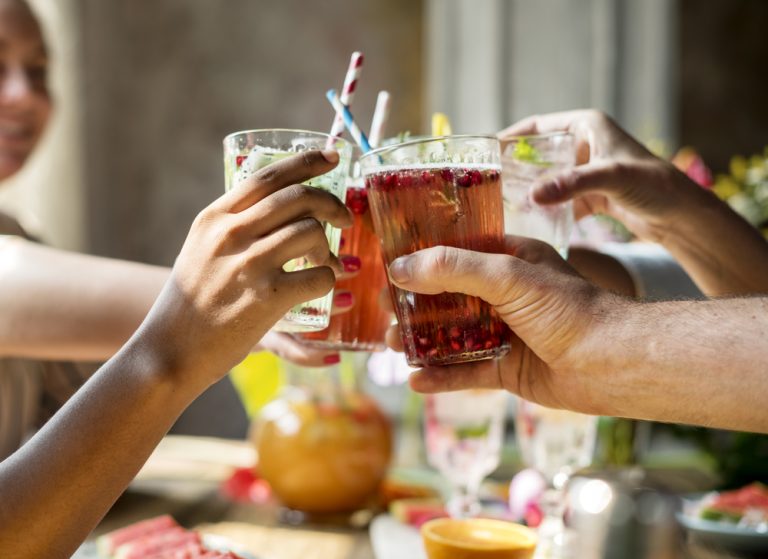The Access to Recovery (ATR) program provides financial assistance to individuals in early recovery who need help covering the cost of sober living in MASH-certified sober houses. Administered by the Bureau of Substance Addiction Services (BSAS), ATR funding helps individuals transition from treatment to stable housing, supporting their journey to long-term recovery and self-sufficiency. The Residential Assistance Program (RAP) provides temporary financial assistance to individuals in early recovery who need help covering the cost of sober living in MASH-certified sober houses. Managed in partnership with the Bureau of Substance Addiction Services (BSAS), RAP funding helps remove financial barriers to accessing safe, supportive housing during the crucial transition from treatment to independent living. The Forest Sober House in Worcester, Massachusetts, is a structured sober living home dedicated to serving women in recovery from addiction. Worcester, often referred to as the “Heart of the Commonwealth,” has a deep-rooted history of supporting individuals on their recovery journeys.
- Herren Project is a nonprofit organization dedicated to supporting individuals in recovery from substance use disorder.
- We regularly inspect all member sober homes to ensure safety, quality, and the building of a community of recovery.
- In July 2014, Bill H.1828 was passed into law mandating the monitoring and voluntary certification of MA Sober Homes.
- This is not usual in Massachusetts, where the broader community is skeptical about recovery housing.
- They promote a social model of graduated care, designed to return women complete, sober functioning individuals.
HELPING YOU FIND THE RIGHT SOBER HOME.
- Verification that a meeting space is large enough to accommodate all residents.
- The woman will receive up to a one-month scholarship that can be reviewed if needed.
- Effective September 1, 2016, state agencies and their vendors shall only be able to refer clients to certified alcohol and drug free (ADF) housing.
Verification that kitchen and dining area(s) are large enough to accommodate all residents sharing meals together. Verification that a meeting space is large enough to accommodate all residents. Verification that furnishings are typical of those in single family homes or apartments as opposed to institutional settings. 10.a Policies that value individuals chosen for leadership roles who are versed and trained in the Social Model of recovery and best practices of the profession. Evidence that staff are encouraged to have a network of support. Evidence that staff mash sober living are supported in maintaining appropriate boundaries according to a code of conduct.
Your Guide to RAP Funding for Sober Living in Massachusetts: Eligibility, Application, and Support

Most of the people occupying sober living homes are usually people completing inpatient addiction treatments. Some individuals who are not undergoing rehab but require a safe environment to help them maintain sobriety can also stay at sober living homes. However, residents of halfway houses can be formerly-incarcerated persons or persons from alternative sentencing programs.
Providing access to a sober lifestyle.

Provide structured scheduled, curriculum-driven, and/or otherwise defined support services and life skills development. Trained staff (peer and clinical) provide learning opportunities. Our mission at Alcohol Use Disorder NATIONAL ALLIANCE FOR RECOVERY RESIDENCES (NARR) is to enhance access to quality recovery residences by setting standards, providing education, and advocating for those in addiction recovery. Sober living houses are essential to any recovering patient’s post-rehabilitation care. Societal pressures can push many to relapse without proper guidance from these transitional homes.